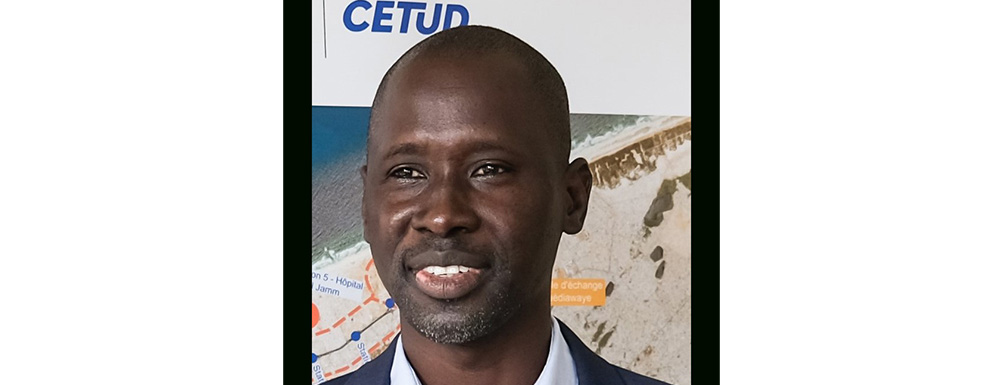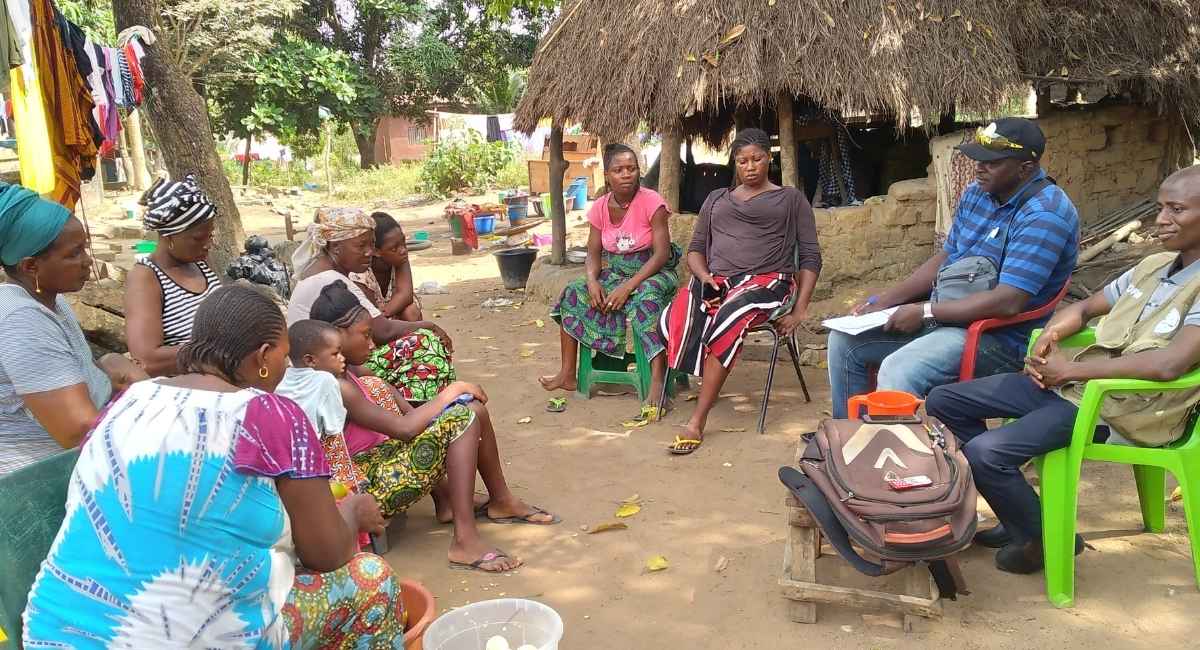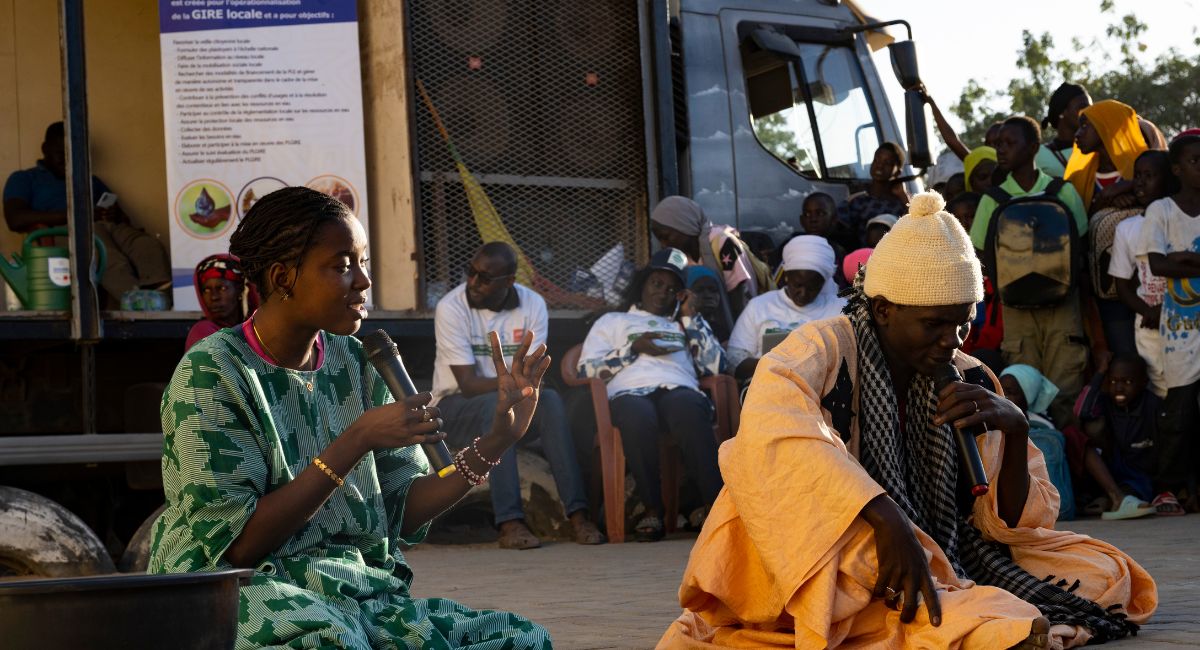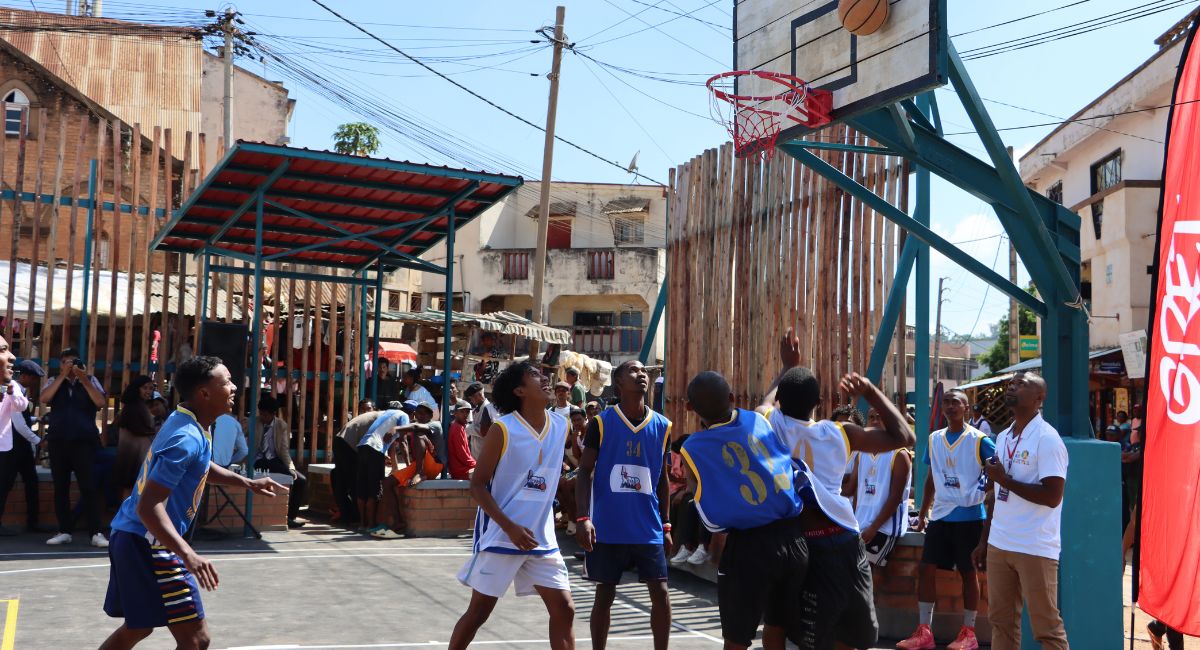Khadim Cissé, GRET’s partner in the Dakar Urban Incubator project, is director of studies and strategy with the Dakar Executive Urban Transport committee (Cetud). Today he gives us the details on the links and synergies developed between this project for the appropriation and co-construction of the urban space by inhabitants, and the redefinition of mobility in the greater Dakar area that is currently underway.
What are the current challenges for urban mobility in Dakar?
The challenges for urban mobility in Dakar are economic on the one hand, because it is an essential link for the competitiveness and productivity of Dakar’s economic stakeholders, and for Senegalese economic stakeholders in general. They are also societal, because sound, efficient mobility contributes to improving inhabitants’ quality of life and increasing their purchasing power. And lastly, they are environmental, particularly in terms of greenhouse gas and pollutant emissions, and noise pollution.
For several decades now, the city of Dakar’s ambition to become a large, harmonious, sustainable African and world metropolis has required considerable efforts in terms of improved mobility. To respond effectively to these issues and challenges, the State is working to implement various structural projects such as the improvement of urban mass transport, in particular with the BRT (Rapid Bus Transit) and TER (Express regional train) projects. The restructuring and improvement of the public transport network, better management of traffic and parking, and long-term planning with the 2035 future urban mobility plan are all projects that will contribute to the sustainable, efficient transport network of the greater Dakar area, currently in the midst of transition.
How does the Dakar Urban Incubator project support the major urban mobility projects currently underway?
The Urban Incubator project provides complementarity to these structural projects and makes it possible to improve the level of service and the attractiveness of urban public transport in Dakar. With its participative approach, it provides an important, necessary link with beneficiary populations in neighbourhoods, who feel more involved and can therefore easily take ownership of new facilities resulting from these projects.
How can this Urban Incubator project impact and influence the construction of the urban fabric by public stakeholders over the longer term?
The Urban Incubator project can have a positive impact on public stakeholders’ production through the process of co-construction, which makes it possible to create synergies with creative, constructive ideas. Apart from this decisive contribution by populations to urban construction, the Urban Incubator is also a means to further empower them and ensure sustainability of certain public infrastructures, in whose management they will now be involved.





